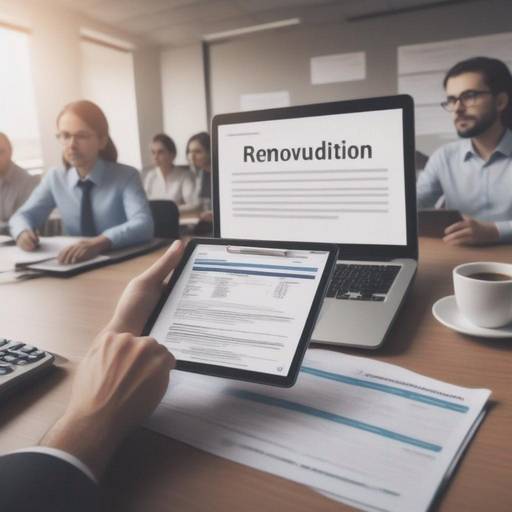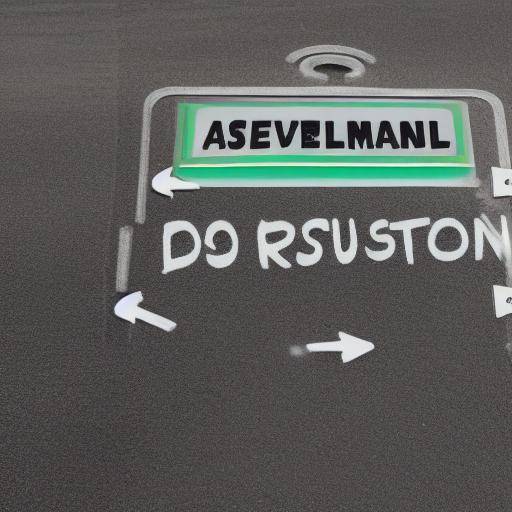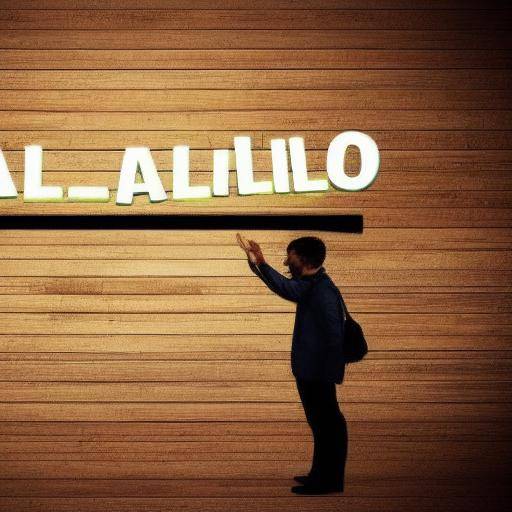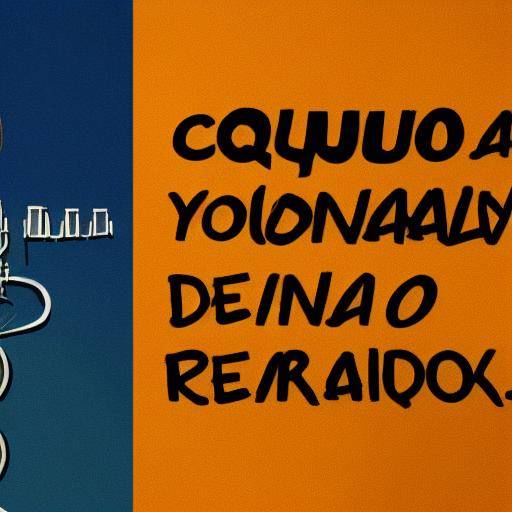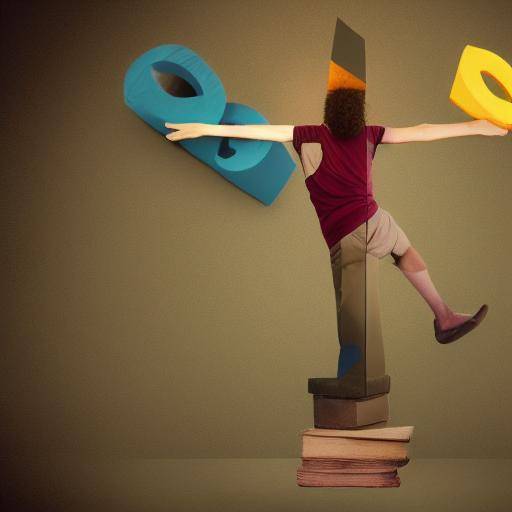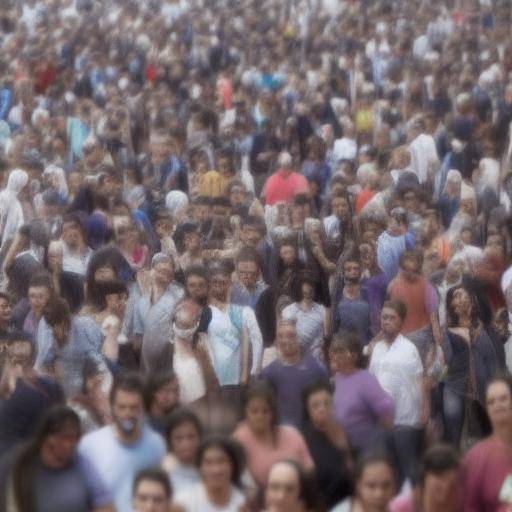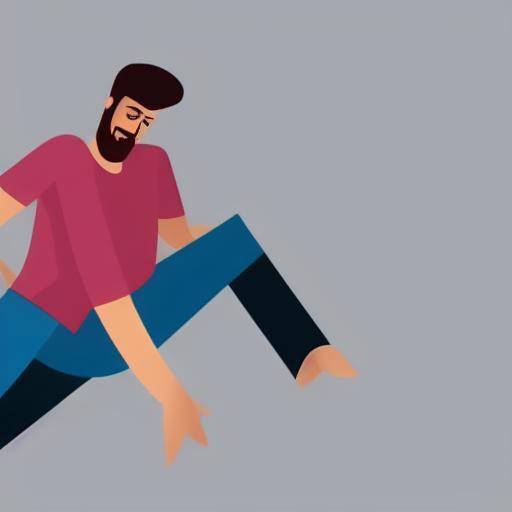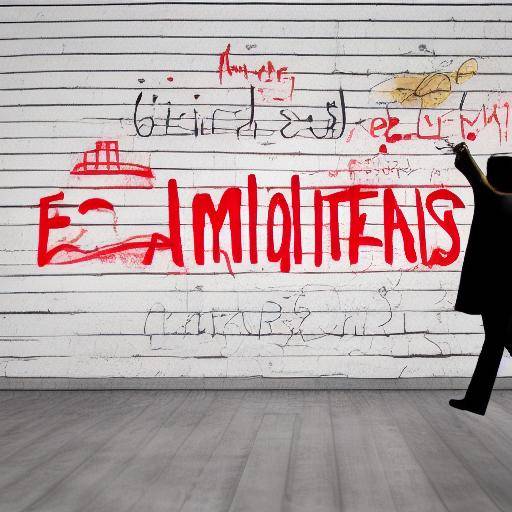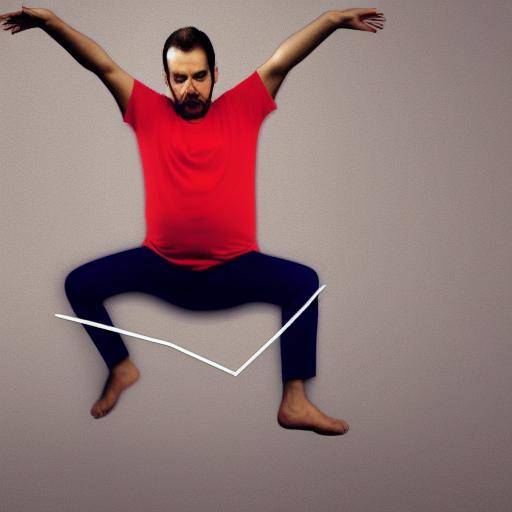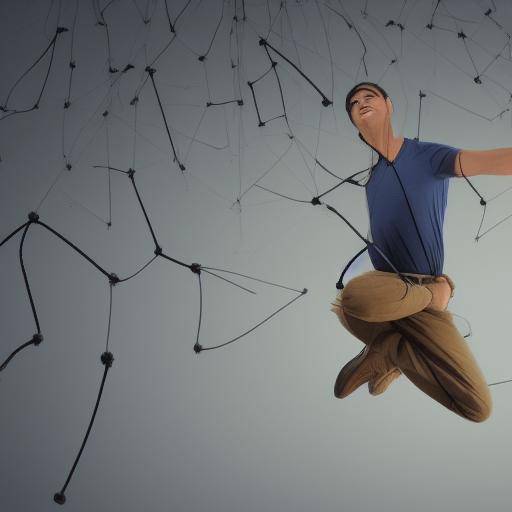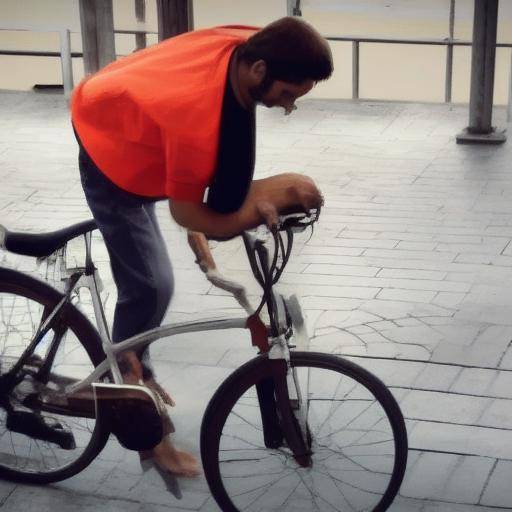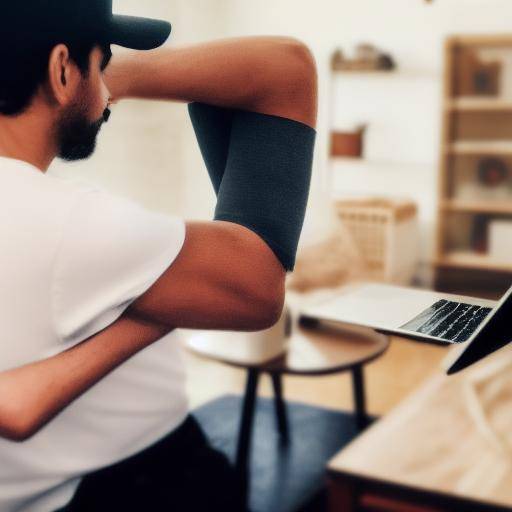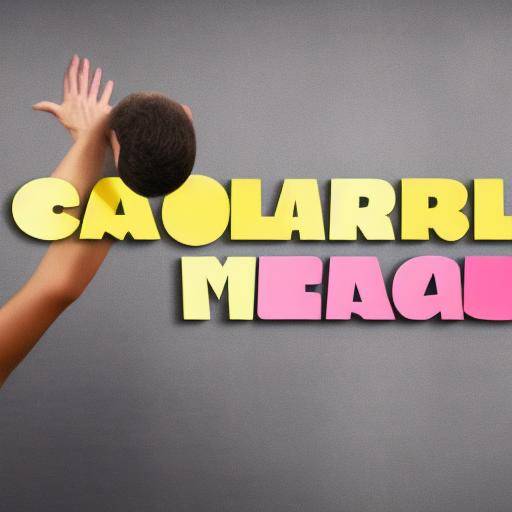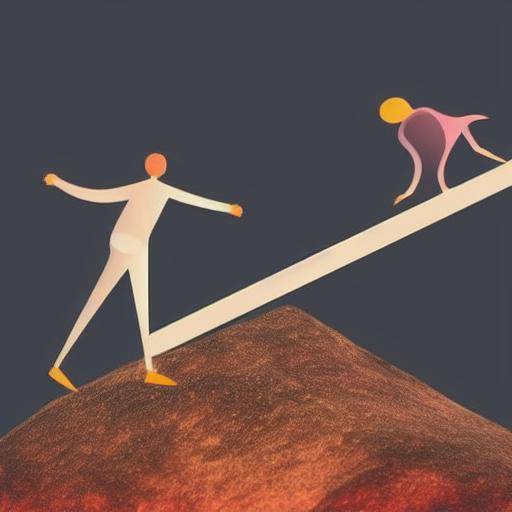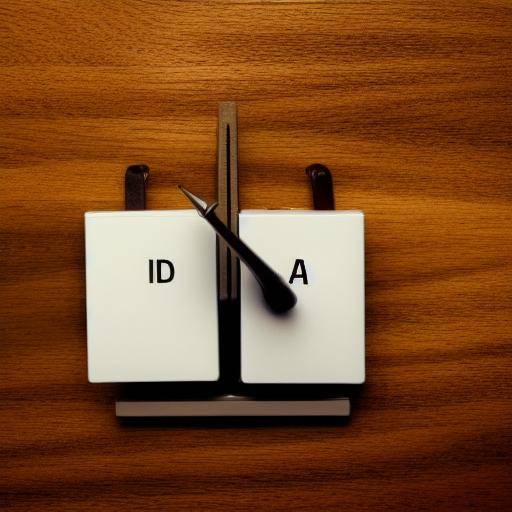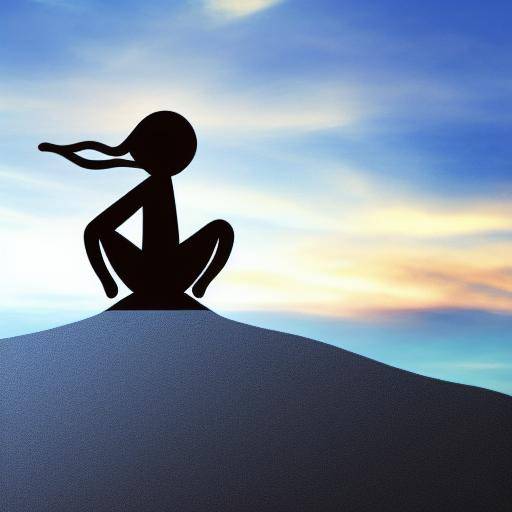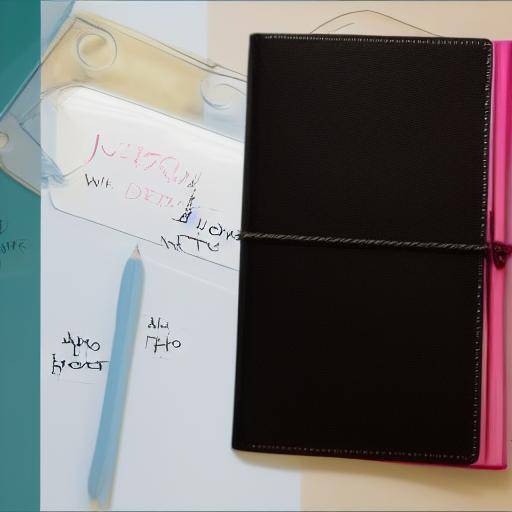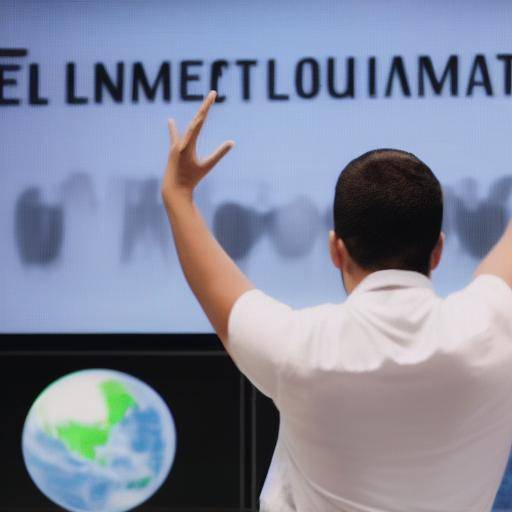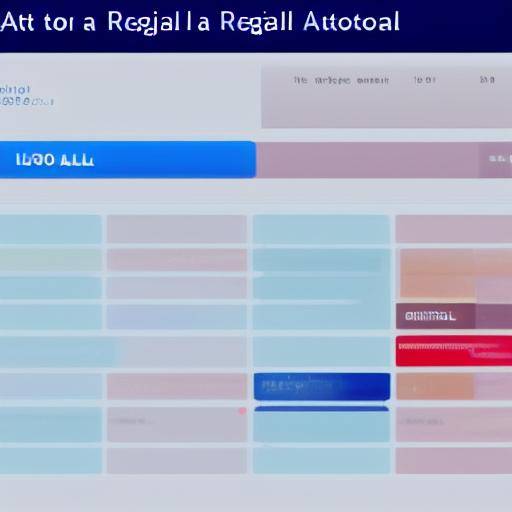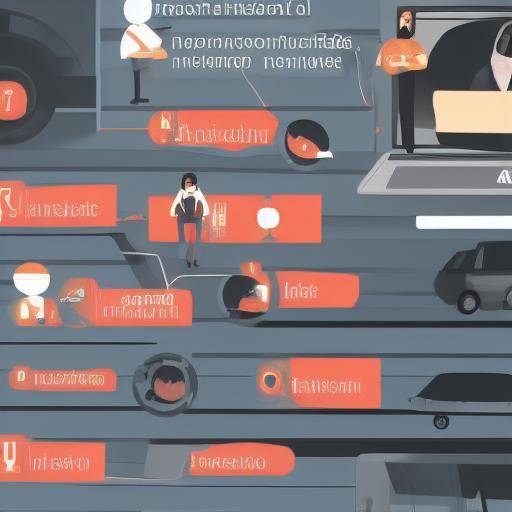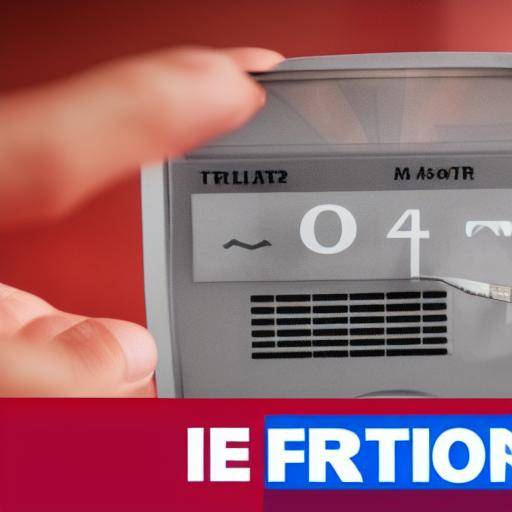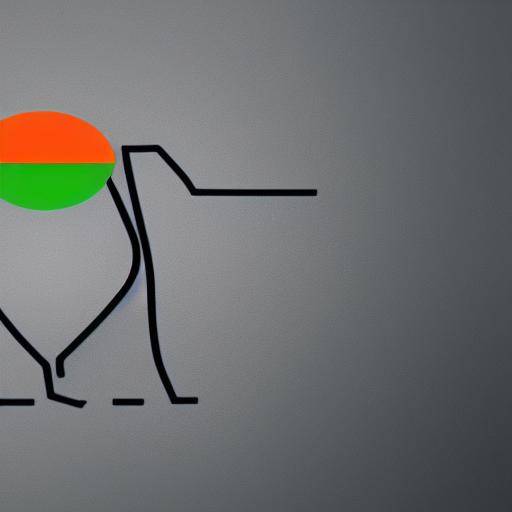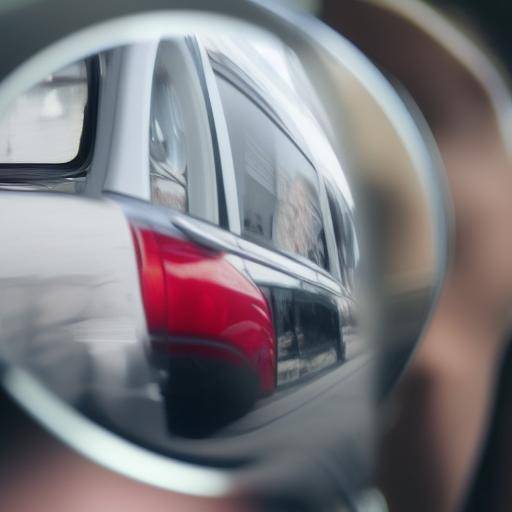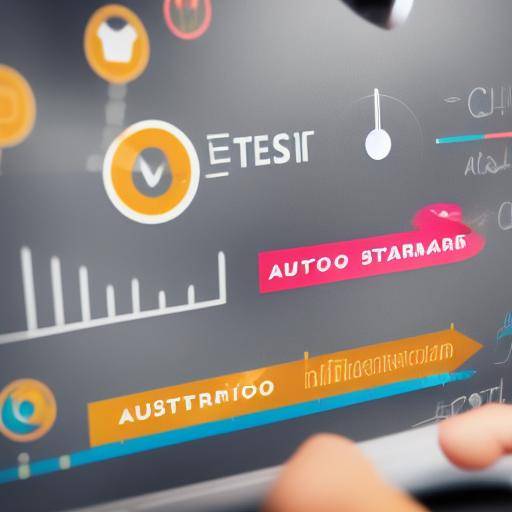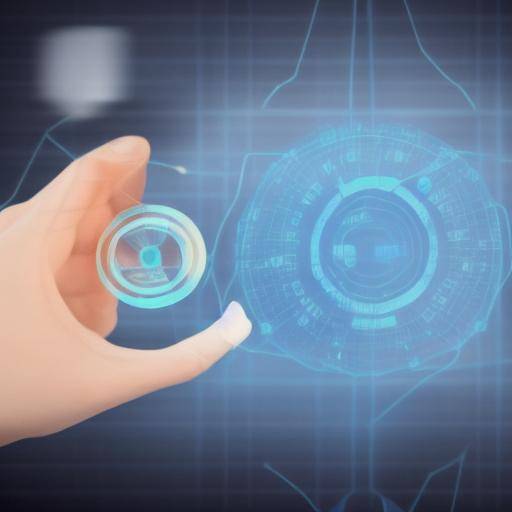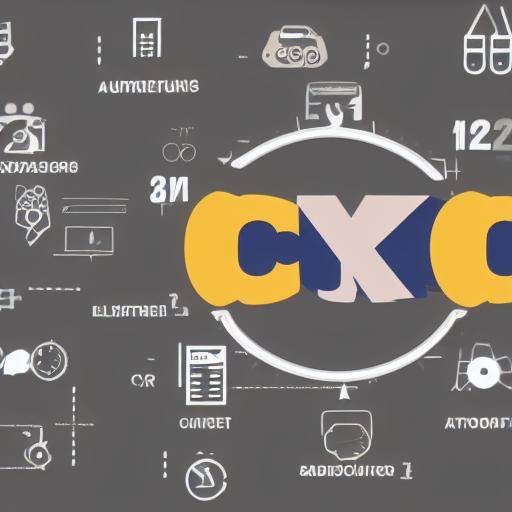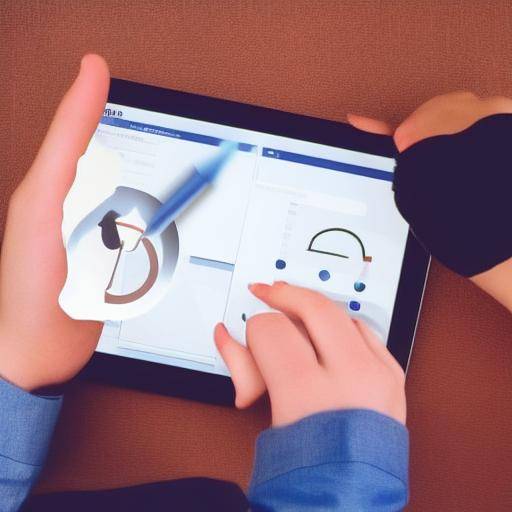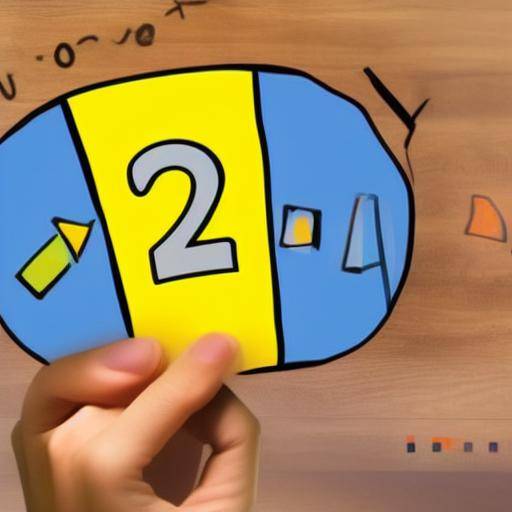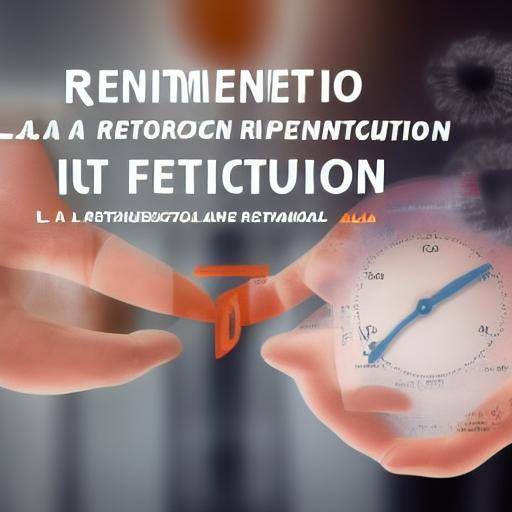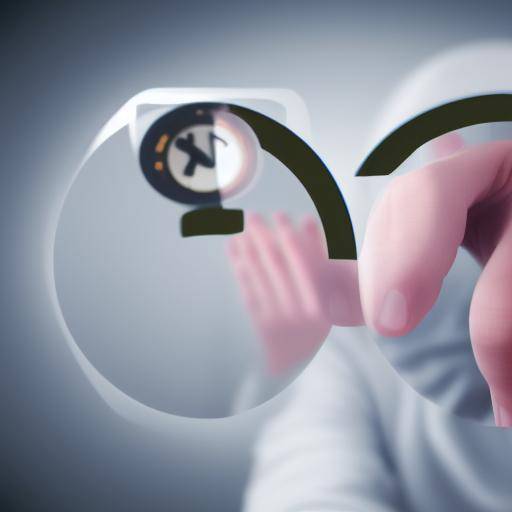
At present, the balance between work and personal life is a crucial aspect for the integral well-being of people. The ability to effectively manage labour demands and personal needs can have a significant impact on physical, emotional and mental health. In this article, we will explore in depth the concept of work-life balance, the fundamental role of self-evaluation in this balance and its influence on integral well-being. Through a thorough analysis, we will discover how self-assessment can be a powerful tool to achieve a sustainable balance between working and personal life.
Introduction
Work-life balance refers to the harmony that people seek between their labor responsibilities and their personal life. In modern society, where the pace of life is accelerated and the demands of work are growing, achieving this balance has become a fundamental challenge. Self-assessment, on the other hand, is the process by which people reflect on their own experiences, skills, values and goals, allowing them to make informed and aligned decisions with their needs and desires.
It is vital to understand how self-assessment can be an effective tool for assessing work-life balance and promoting integral well-being. Throughout this article, we will examine in detail the impact of self-assessment in the search for such balance, also providing practical advice, insights from industry and case studies that will illustrate its relevance in everyday life.
History and Background
The concept of work-life balance has its roots in the Industrial Revolution, when the transition from agricultural to industrial production radically changed the working and family dynamics. At that time, work used to absorb most of the day, leaving little space for personal life and leisure. Since then, there have been significant movements and changes that have influenced the perception and value given to this balance.
Self-evaluation has also evolved in line with the development of disciplines such as psychology and sociology. As the importance of self-consciousness and self-knowledge is more deeply understood, self-evaluation has gained relevance in the personal and professional spheres. With the advent of technology and psychometry, specific tools have been developed to facilitate this process of self-evaluation, offering people the possibility to reflect on their skills, values, interests and goals more systematically and accurately.
Analysis in Deep
Work-life balance is fundamental to health and well-being. Studies have shown that people who achieve a healthy balance between their working and personal lives tend to experience higher levels of satisfaction, lower stress and better physical and emotional health. On the other hand, the inability to achieve this balance can lead to physical and emotional exhaustion, tension in personal relationships and a decrease in labour productivity.
In this context, self-assessment emerges as an introspective process that allows people to assess their current situation, identify areas of conflict between work and personal life, and take concrete steps to restore balance. Self-assessment provides a clear vision of individual priorities, time management skills and identification of improvement areas.
Some of the most used self-assessment tools include personal values assessments, skill tests and personality tests. These tools provide people with valuable information about their strengths and areas of development, allowing them to make better informed decisions about their career, personal relationships and their well-being in general.
Exhaustive examination
The application of self-assessment in the context of work-life balance can cover different aspects. For example, people can perform a skills inventory and evaluate how they are aligned with their labor roles and family responsibilities. From this self-assessment, they could identify opportunities to delegate tasks, establish clear limits between work and personal life, or even explore professional development options that allow them to adjust their career to their personal needs and goals.
For organizations, promoting self-assessment among their employees can be beneficial in terms of productivity, commitment and retention of talent. By encouraging employees to reflect on their own needs and aspirations, companies can adapt talent management strategies that promote an effective balance between work and personal life. In addition, self-assessment can serve as a basis for the design of comprehensive welfare programmes that address the individual needs of employees, thus fostering a healthier and more sustainable working environment.
Comparative analysis
While work-life balance and self-assessment are distinct concepts, they are significantly complemented. Self-assessment can help people identify imbalances in their working and personal lives, as well as develop strategies to address them. For example, someone who, through self-assessment, recognizes that the lack of clear limits between work and personal life is affecting their well-being, can take concrete steps to establish defined schedules, disconnect from work during free time and seek the support necessary to balance their work and personal responsibilities.
Self-assessment can also be critical to assessing the impact of labour decisions on personal life and vice versa. In taking into account personal preferences, professional goals and individual circumstances, people can make decisions more aligned with their values, which in turn contributes to a more harmonious balance between work and personal life.
Practical Tips and Accessible Recommendations
For those who seek to improve their work-life balance through self-assessment, some simple tips can make the difference. Some specific actions that can be undertaken include:
- Maintain an activity journal: Registering daily activities can help identify patterns and habits that affect the balance between work and personal life.
- Establish clear limits: Defining moments and spaces dedicated exclusively to personal life can help reduce stress and improve the quality of life.
- Find support and share responsibilities: Do not be afraid to seek help, whether in the working or personal environment, can relieve the burden and promote a healthier balance.
- Reevaluate constantly: Self-assessment is not a static process. It is essential to continuously review and adjust personal and professional priorities and needs.
Perspectives and Expert Reviews
Several experts agree on the importance of self-evaluation as a tool to strengthen work-life balance. According to clinical psychologist Elena Rodriguez, "Self-assessment not only allows us to identify areas of conflict, but also provides us with the opportunity to develop customized strategies to achieve a sustainable balance between our work and personal responsibilities. It is an empowering process that can positively impact on multiple aspects of our life. "
Also, Tomás Gómez, a human resources consultant, emphasizes the relevance of self-assessment in the workplace: "The organizations that promote self-assessment among their employees tend to experience lower rotation rates, greater labor satisfaction and a more collaborative environment. Employees who feel heard and supported in their personal needs tend to be more committed and proactive in their work. "
Case studies and practical applications
A case of revealing study is that of a technology company that implemented a self-assessment and personal development program for its employees. Through self-assessment questionnaires and tools, employees were able to identify areas of conflict between their work and their personal lives, as well as develop customized action plans to address these issues. As a result, the company experienced a significant improvement in labour satisfaction, a reduction in absenteeism and an increase in productivity.
In the personal sphere, Marta's story, an executive with a demanding work agenda, illustrates how self-evaluation was key to transforming her work-life balance. Through a self-assessment process, Marta identified that the lack of clear limits between her work and her personal life was affecting her well-being. By setting defined schedules, learning to say no assertively and promote a more balanced approach in her life, Marta managed to reduce her stress and improve her personal relationships, which in turn had a positive impact on her work performance.
Future Trends and Predictions
As companies and individuals recognize the importance of work-life balance, self-evaluation is expected to play an increasingly important role in promoting integral well-being. The integration of self-assessment tools into work well-being programmes, as well as the adoption of more flexible and personalized approaches in working environments, will be key trends that aim to generate a more sustainable balance for all those involved.
In addition, the development of technologies and applications that facilitate self-assessment and work-life balance management is expected to grow significantly in the coming years, providing older people with tools to effectively manage their work and personal responsibilities.
Conclusions
Self-assessment is a powerful tool that can positively influence work-life balance and integral well-being. In reflecting on our needs, goals and values, we can take concrete actions to align our labor and personal responsibilities in a more balanced and harmonious way. Self-assessment empowers us to identify areas of conflict, establish clear limits and seek the support necessary to promote a healthier balance in our lives.
We hope that this article has provided a profound and enriching view on the impact of self-evaluation on work-life balance. By integrating self-assessment into our daily lives, we can make more conscious and aligned decisions with our comprehensive well-being. Let us continue to explore and learn more about how self-assessment can be a transformative tool to achieve a sustainable balance between work and personal life.
FAQs
**1. How can I start the self-assessment process to improve my work-life balance?**Self-assessment can begin by reflecting on your values, goals and needs in both the workplace and the staff. The identification of priority areas and the development of an action plan is fundamental.
**2. What are some self-assessment tools I can use?**There are numerous tools such as personal values questionnaires, skills tests, and job satisfaction assessments that can be useful for self-assessment.
**3. What is the role of self-evaluation in the workplace?**Self-assessment at work can help identify areas of improvement, set specific goals and improve the effectiveness at work.
**4. How can self-evaluation impact positively on my integral well-being?**By identifying imbalances and prioritizing well-being activities, self-assessment can contribute significantly to improving quality of life and reducing stress.
**5. What benefits can self-evaluation bring to organizations?**Organizations can benefit from self-assessment by promoting a healthier working environment, improving talent retention and increasing employee productivity and satisfaction.
**6. How can I maintain a long-term sustainable work-life balance? Maintaining long-term work-life balance requires regular review, constant adjustments and willingness to adapt to changes in personal and working circumstances.
With these frequent questions, we hope to have provided relevant answers and practical guidance on the subject of work-life balance and self-assessment.
In short, work-life balance is essential for integral well-being, and self-evaluation can be a powerful tool to achieve it. In reflecting on our needs, goals and values, and in taking informed measures, we can cultivate a more harmonious balance between our labor and personal responsibilities. Let us continue to explore and learn more about how self-assessment can be a transformative tool to promote sustainable balance in our lives.

